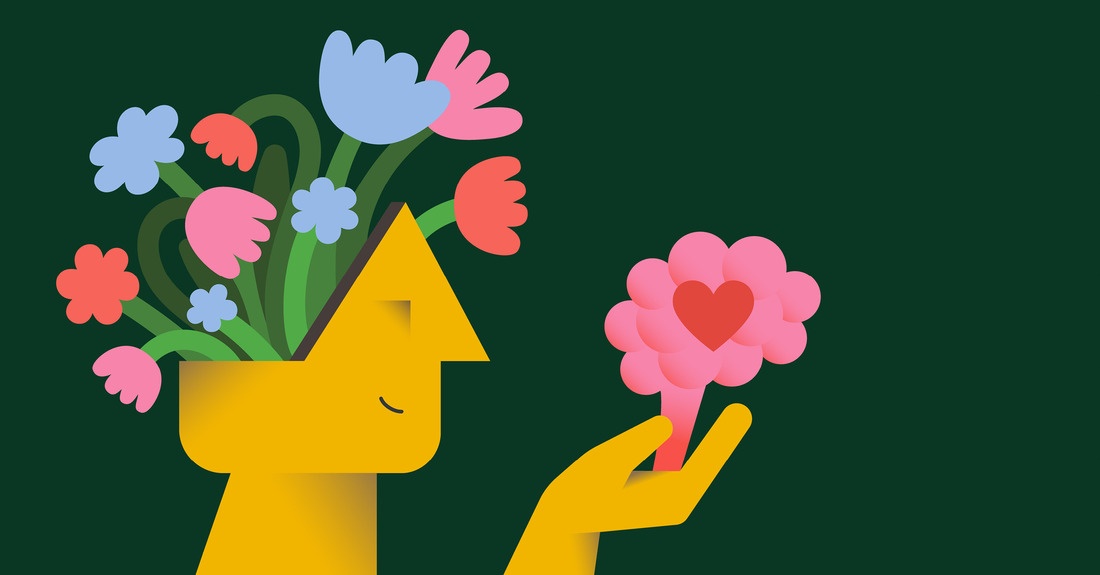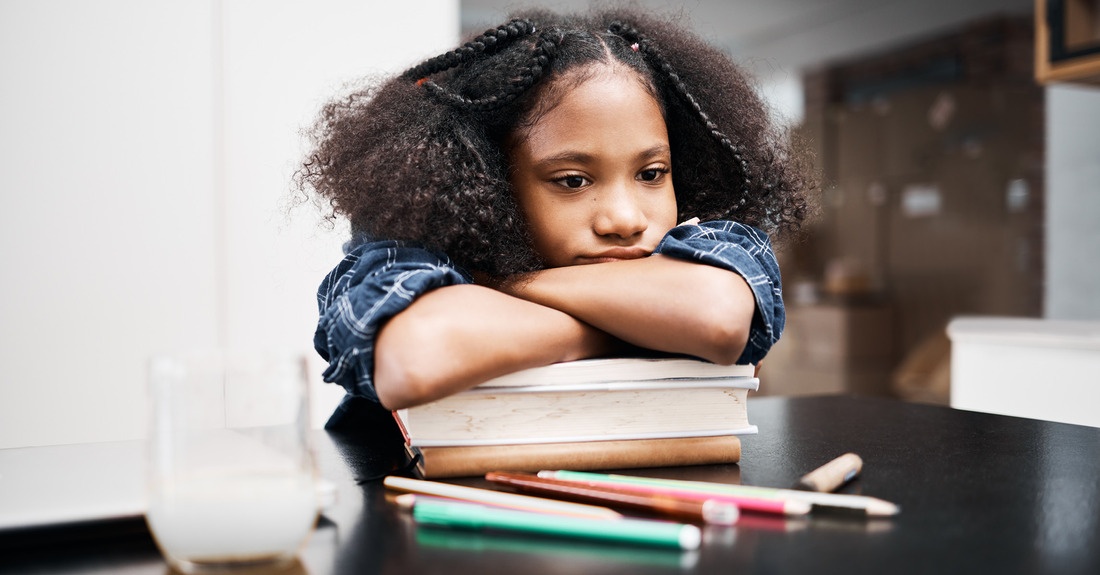
As we continue to work to break the stigma surrounding mental health, it’s important to recognize that both adults and children need to be comfortable talking about or seeking mental health support.
Kid’s mental health can affect how they reach developmental and emotional milestones, so understanding the importance of mental health in early childhood can allow young people to succeed in school and in society.
Why is mental health important?
To understand why mental health is important, it’s crucial to ask ourselves first, “What is mental health?” According to the Substance Abuse and Mental Health Services Administration (SAMHSA), mental health includes our emotional, psychological and social well-being. It affects how we think, feel and act and helps determine how we handle stress, relate to others and make choices.
Mental health is significant because it affects your overall health as well. If you’re feeling down or depressed, you’re less likely to exercise or practice healthy eating habits, which can harm your body over time. The Centers for Disease Control and Prevention (CDC) explains that depression increases the risk of long-lasting conditions like diabetes, heart disease and stroke. Likewise, the presence of chronic conditions can increase the risk of mental illness.
Why is it important to raise awareness about mental health?
Realizing how common mental health problems are in children and adults leads to understanding the importance of raising awareness for those living with a mental illness or who know someone with one. According to the CDC, more than 1 in 5 youth (ages 13–18) currently or at some point during their life have had a serious debilitating mental illness, and 1 in 5 American adults live with a mental illness. Additionally, more than half of people with a mental illness don’t receive help.
Raising awareness is critical to helping people receive the support they need and deserve. A first step in promoting mental health is by starting the conversation; this can be through social media or with your friends, coworkers or classmates. Your discussions can center around you serving as an advocate, where to seek support and why it’s important to not wait to get help. The efforts of raising awareness can reduce the stigma, especially around kids’ mental health.
What are the 5 most common mental disorders in children?
Mental disorders in children often occur comorbidly, or with another mental health condition. Below are the five common mental disorders affecting kids’ mental health:
- Mood disorders. The most prevalent type is depressive disorder, more commonly known as depression. Nearly 2.7 million American kids between the ages 3–17 are diagnosed with depression, and about 3 of 4 kids with depression also experience anxiety.
- Anxiety disorders. Anxiety can be broken into four main disorders: generalized anxiety disorder (GAD), social anxiety disorder (SAD), post-traumatic stress disorder (PTSD) and obsessive-compulsive disorder (OCD).
- Generalized anxiety disorder (GAD): One of the most common mental health condition affecting children, generalized anxiety disorder causes those who experience it to have excessive and intense worries about many events, activities or situations.
- Social anxiety disorder (SAD): Similar to generalized anxiety disorder, the triggers and symptoms for social anxiety disorder are mostly linked to anxious thoughts and feelings surrounding social situations, causing an individual to avoid social settings. Experts estimate that 9.1% of kids and teens in America experience social anxiety.
- Post-traumatic stress disorder (PTSD): Exposure to death, serious injury, sexual violence or other traumas are factors in children developing PTSD. Symptoms can include dissociation; emotional or behavioral issues; anger or irritation; and fight, flight or freeze responses. It’s estimated that about 5% of children and adolescents have PTSD.
- Obsessive-compulsive disorder (OCD): Those who have OCD obsess over certain topics or have compulsions they have trouble controlling. About 0.5% of kids and teens have OCD.
- Attention-deficit/hyperactivity disorder (ADHD). Those with ADHD have trouble focusing and controlling their behavior due to hyperactivity. ADHD is common with 6% - 16% of kids and teens being diagnosed.
- Behavioral disorders. Kids showing signs of negative, aggressive, hostile or defiant behavior may be diagnosed with oppositional defiant disorder (ODD). Another form of behavioral disorder is conduct disorder (CD). Those with CD may show aggression toward people and animals, destroy property, or commit other harmful actions.
- Eating disorders. As many as 10 in 100 adolescent females in the U.S. have an eating disorder. Common eating disorders are anorexia nervosa, bulimia nervosa, binge eating disorder and avoidant/restrictive food intake disorder.

How to improve child mental health
Improving kids’ mental health starts with you. Take time to show your children that you’re an advocate by sharing with them how important mental health is. When finding ways to nurture your child’s mental health, encourage and use everyday habits like sharing and acknowledging feelings, correcting unhealthy and unhelpful thinking, and showing empathy. These tactics help those around you realize you value the importance of mental health in early childhood.
Educators and school counselors are the most likely group to make a difference in a kid’s mental health after their family. Mental health education in schools can be a part of the curriculum to help prioritize students’ mental health. Not only should students learn about warning signs and symptoms of mental health, but educators should be trained so they can observe students’ behaviors and recommend next steps for families. While there are pros and cons of teaching mental health in schools, especially in rural communities where there may not be sufficient resources to educate teachers, HICS is here to help.
If a child in your life is struggling with mental health, don’t wait to reach out to HICS at HICSIowa.org. Learn more about HICS’s children’s services here.
